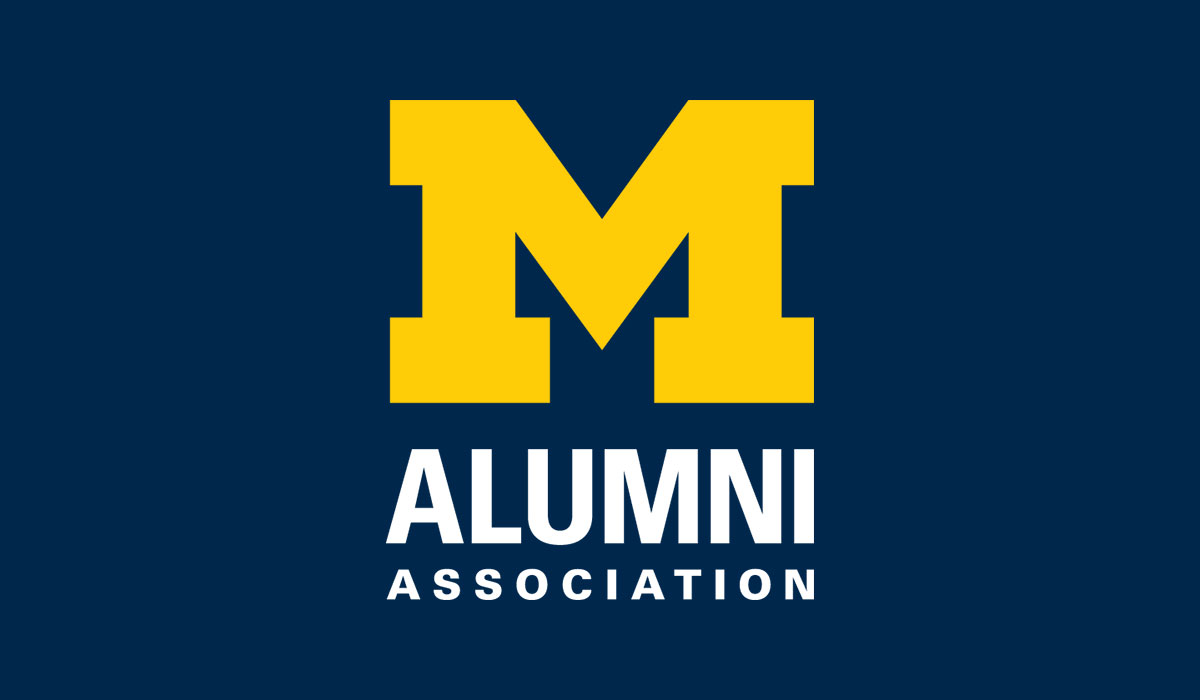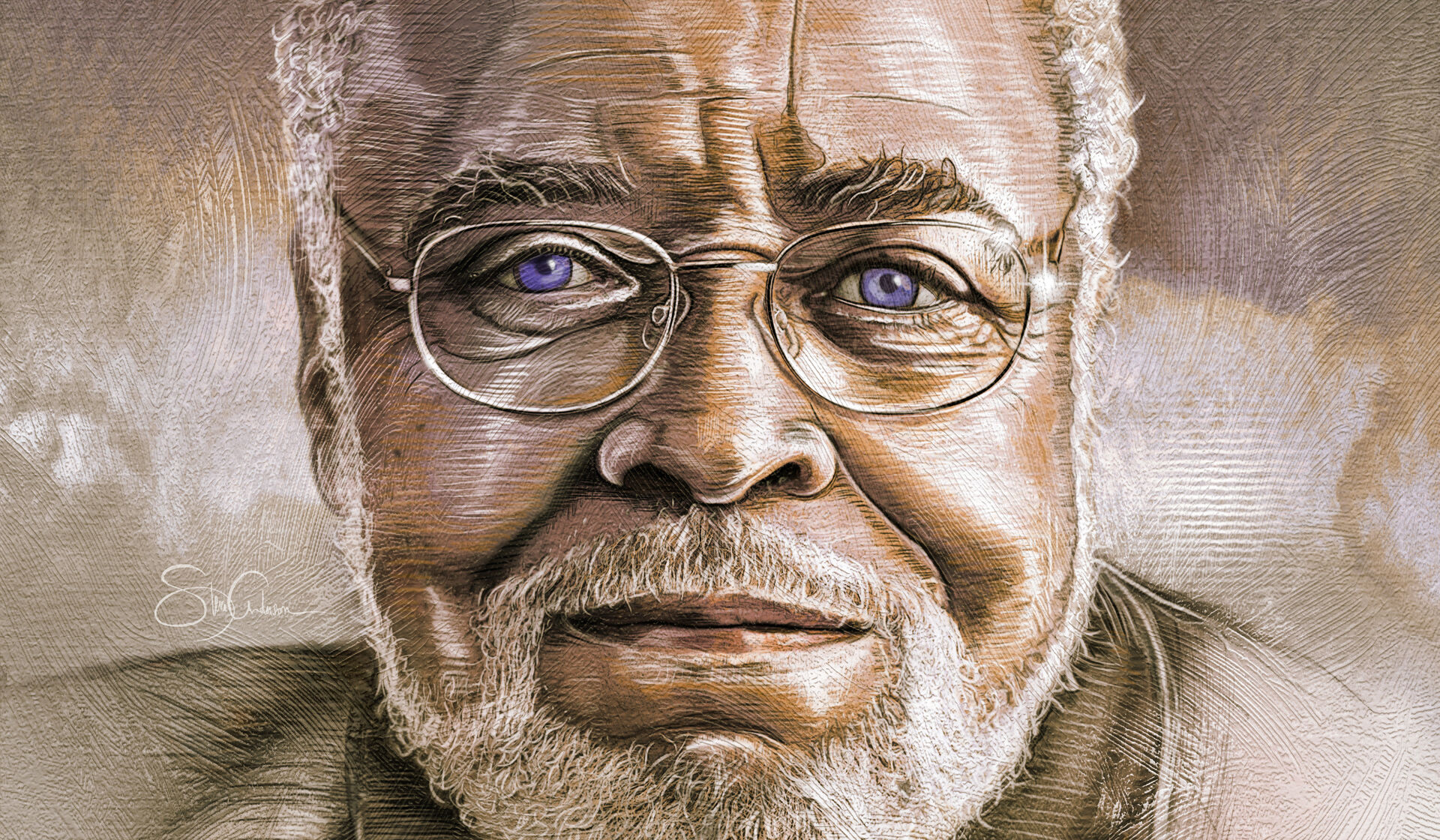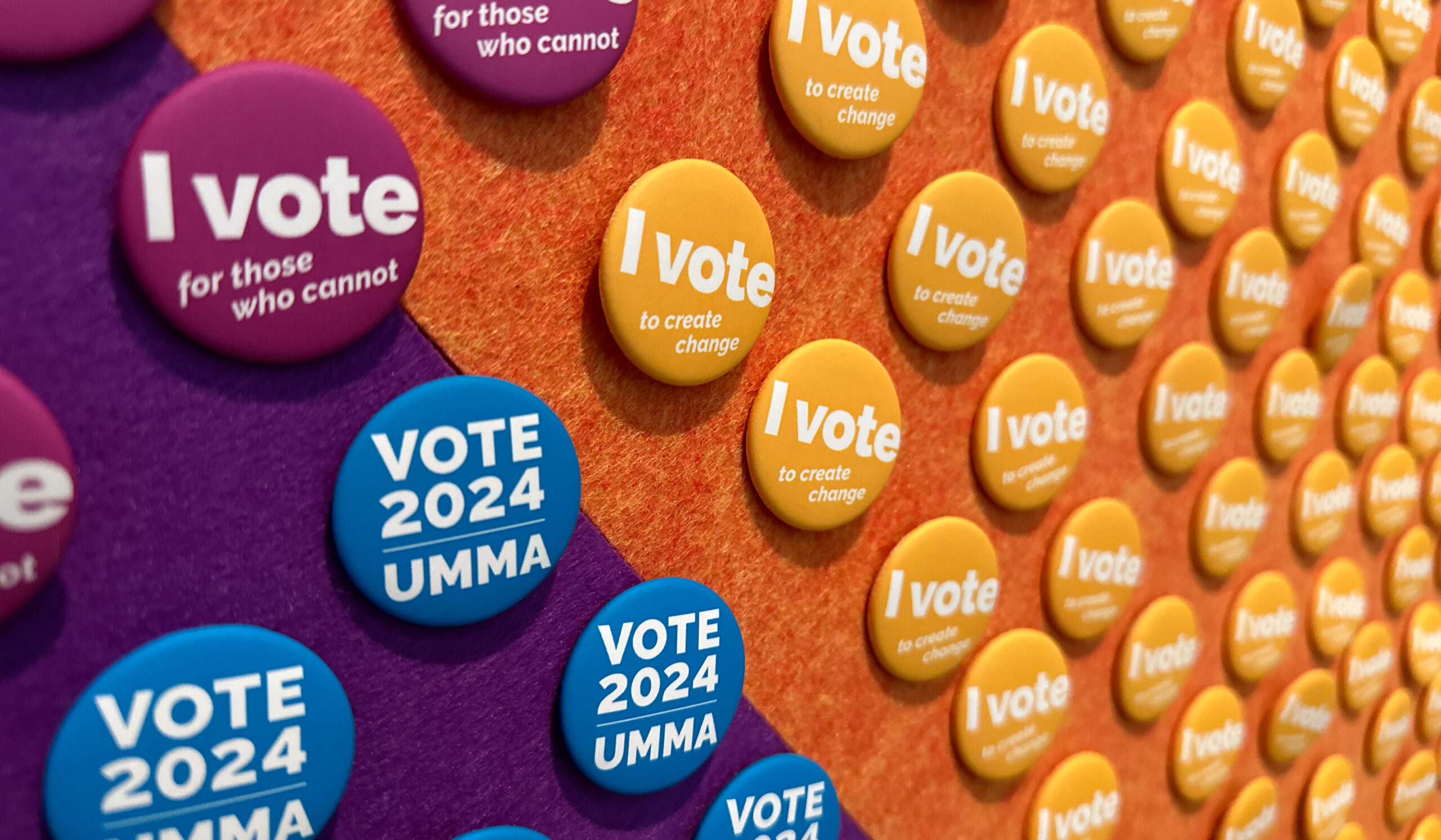Though still a senior in the Ross School of Business, Sikander “Sonny” Khan has already distinguished himself as a social justice entrepreneur and philanthropic leader. In 2017, he helped found Paani, a nonprofit student organization that seeks to alleviate the water crisis in Pakistan by raising awareness and funds to build wells in the country. During its first year, Paani built one well that cost $1,300, raised from donations and the proceeds of a doughnut sale. Last year, with the help of local nongovernmental organizations, Paani built 200 wells for $200 each. Despite Paani’s success, he has yet to visit the country where his parents were born but hopes to one day soon.
Michigan Alumnus gleaned the following in a conversation with Khan.
> KHAN GREW UP in Jackson, Michigan, the middle child of Pakistani parents who emigrated to the U.S. in the 1990s. During middle school, he managed the budget and calculated the taxes for his father’s startup transportation business. When he was 13—just one month before he started high school— his father suffered a severe stroke that affected his eyesight so adversely he could no longer work. With his father the only driver in the family, until he earned his driver’s license Khan spent a lot of time at home unable to participate in after-school activities.
> TWO OF KHAN’S FAVORITE WORDS are “innovation” and “optimism.” “I have always loved to find solutions to random problems. I enjoy working under pressure. Some people hate it, but for me it’s fun to think, ‘What can I do to fix this issue?’ I am also always looking at how we can use technology and innovation to fix things. For instance, I am optimistic that innovation in health care will eventually lead to glasses that will help people like my father see clearly again.”
> DURING HIS SENIOR year of high school, Khan received a Horatio Alger National Scholarship, which assists high school students “who have faced and overcome great obstacles in their young lives.” In Khan’s case, he faced the effect of his father’s disability on the income of his family. Khan had both an outstanding academic record and a history of community service. During high school, he worked as a volunteer at the local hospital and with a diabetes organization. The $25,000 awarded to him for college included a trip to Washington, D.C., over spring break with the other 100 recipients. It was Khan’s first time on an airplane. “We stayed at a five-star hotel and engaged with a number of different speakers: Clarence Thomas, Tom Selleck, and members of SEAL Team Six. It was amazing.”
> AFTER BEING ACCEPTED into U-M, Khan’s college adviser encouraged him to apply for the Gates Millennium Scholarship, which awards 1,000 students across the country a full-ride scholarship to the university of their choosing. The application had nine essay questions and required three references. “I thought there was no chance I would get it,” recalls Khan. To his surprise, he did.
> KHAN HELPED FOUND PAANI (www.paaniproject.org), which means “water” in Urdu, his sophomore year. The project came from a brainstorming session between Khan and four other Pakistani American U-M students, who had all heard stories from their families about the problems with access to clean water in Pakistan. Now the organization boasts a board of 10 people, 80 active student members, a one-time grant for $5,000 from Microsoft, and a monthly grant of $10,000 from Google. Khan is now expanding Paani’s scope to help fund women’s health initiatives, mental health work, and effective evidence-based research. He plans to continue his work with Paani following graduation.
> AS A FIRST-GENERATION college student, Khan says he could have used a mentor his freshman year at U-M. “I had no familiarity with college,” he explains, adding that he enrolled in random classes with little academic direction. In retrospect, Khan also believes he joined too many student organizations, including Maize Rage, which he still enjoys as a person who started Jackson High School’s cheering section. Khan currently mentors any student in need, but particularly first-generation freshmen.





